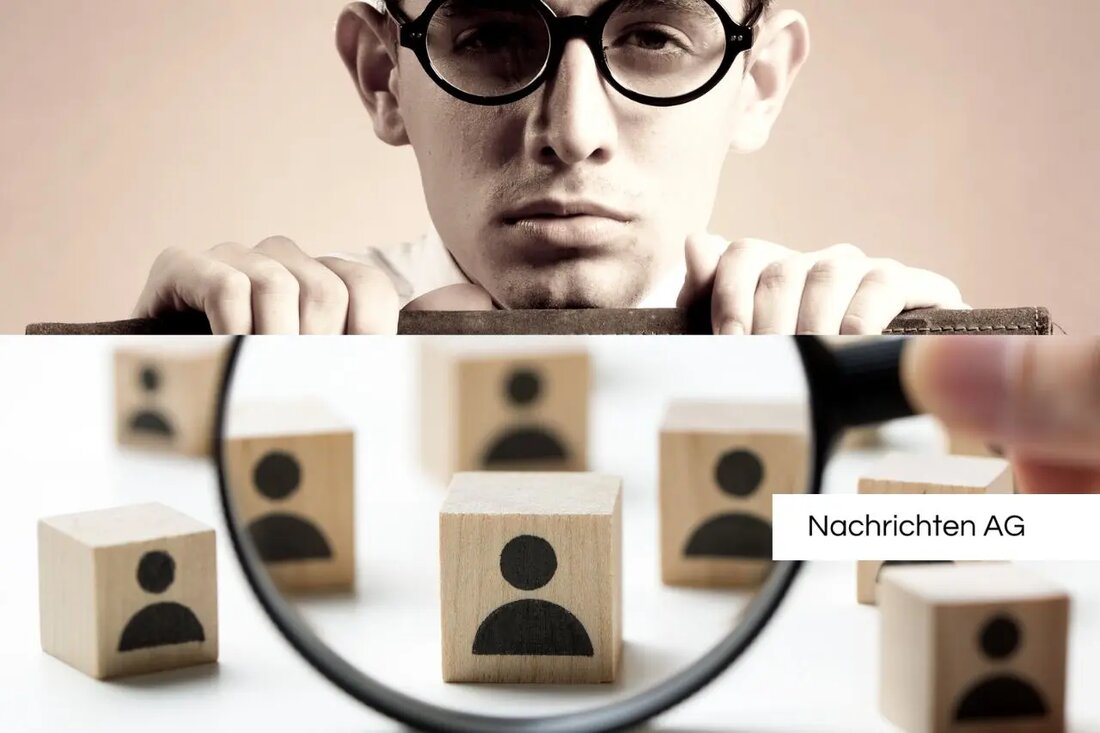Chaos for cookies: Who is really liable for faulty banner?
Chaos for cookies: Who is really liable for faulty banner?
On May 5, 2025, a serious incident occurred in the city center of Karlsruhe when a 39-year-old man from Rastatt suffered several serious injuries in a dispute. Witnesses reported that the dispute escalated near the main station around 11:00 p.m. A 31-year-old man kicked his head with full force, which led to an impairment of physical integrity. According to the police, the attacker could be arrested immediately after the crime. As a result, the victim was taken to a hospital by an ambulance, where it had to be treated due to the severity of his injuries. The investigation into the crime continues and the police are still looking for further witnesses.
The incident not only sent shock waves through the city, but also re -lit the discussion about violence and security in public space. These events throw a light on the increasing problems of violent crime, which is perceived as alarming in many cities. As the Wnoz unfortunately not one act of violence, but part of a larger trend that raises social issues.
legal framework conditions
The topics that occur again and again in connection with online interactions and the protection of data are also the legal handling of cookies and their use on websites. Today the Internet is littered with cookie banners that aim to ensure data security and legal clarity. But as the wbs are warned due to not obtained or faulty Cookie banners frequently.
cookies, small text files stored by website operators on the user computer play a central role here. There are different types: Some are necessary for the functionality of the website, while others serve to analyze user behavior and to place personalized advertising. The legal situation regarding cookies was long unclear in Germany, with many operators used a simple "OK" button without real choice.
- warnings are often due to incorrect cookie banners.
- The Eprivacy Ordinance is currently not in force.
- The current telecommunications telemedia data protection law (TTDSG) has regulated the use since December 1, 2021.
Article 5 (3) of the Eprivacy Directive requires the user's consent to set cookies, except in cases of "absolutely necessary" cookies. This regulation illustrates that tracking always requires consent for marketing purposes. The General Data Protection Regulation (GDPR) ensures that personal data, which also include IP addresses, must be particularly protected.
The transmission of personal data to the USA also represents a major problem, especially in view of the "Schrems II" judgment of the ECJ, which classifies the use of standard contract clauses as inadequate. This results in an increased risk of using US services. The case law regarding cookie banners and the use of Google Analytics remains inconsistent and many legal questions on this topic are still unclear.
The tragic event in Karlsruhe and the uncertainties of data protection law show how important it is to understand and actively tackle social problems and legal framework conditions. This is the only way to ensure a safe and rightful handling of both in public space and in digital life.
| Details | |
|---|---|
| Quellen | |


Kommentare (0)